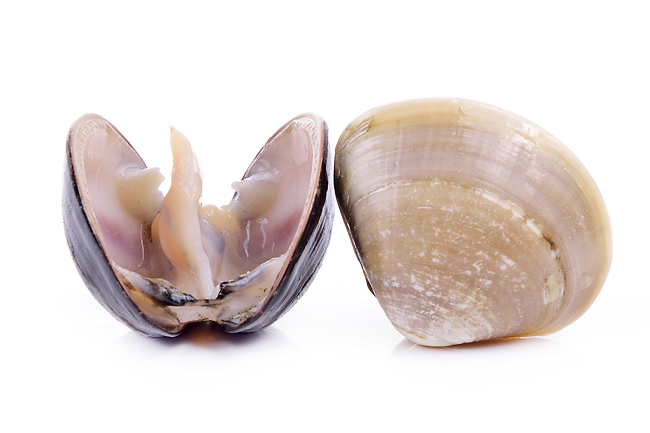AFP – Long recommended for their nutritional benefits, some shellfish may contain higher levels of PFAS ‘forever chemicals’ than fish, reports an American study.
With magnesium, copper, iodine and selenium, shellfish are packed with minerals, and are a good source of vitamins B3 and B5. However, research led by scientists at Dartmouth College in the United States (US) suggests that people who frequently consume shellfish may face an increased risk of exposure to harmful levels of PFAS, or toxins known as ‘forever chemicals’.
PFAS substances can accumulate in air, water and the human body, and shrimps and other shellfish have emerged as a possible source of these compounds, some of which are potentially carcinogenic to humans.
As part of the research, published in the journal Exposure and Health, the scientists measured the levels of 26 types of PFAS in the most commonly consumed marine species among a panel of New Hampshire residents: cod, haddock, lobster, salmon, scallop, shrimp and tuna. All the seafood studied was purchased from a market in Portsmouth, New Hampshire, and originated from various regions.
In the samples tested, the scientists found that shrimp and lobster had the highest concentrations of ‘forever chemicals’, with averages ranging as high as 1.74 and 3.30 nanogrammes per gramme of flesh, respectively, for certain PFAS substances. Meanwhile, concentrations of individual PFAS in other fish and seafood were generally found to be less than one nanogramme per gramme of flesh.
The study polled a sample of 1,829 residents of this American state, including both children and adults, about their seafood consumption.
As the diet of these residents is generally richer in fish and shellfish, the study suggests that the region’s high seafood consumers may be more likely to be exposed to PFAS at harmful concentrations than the average American living in northeast of the US.








